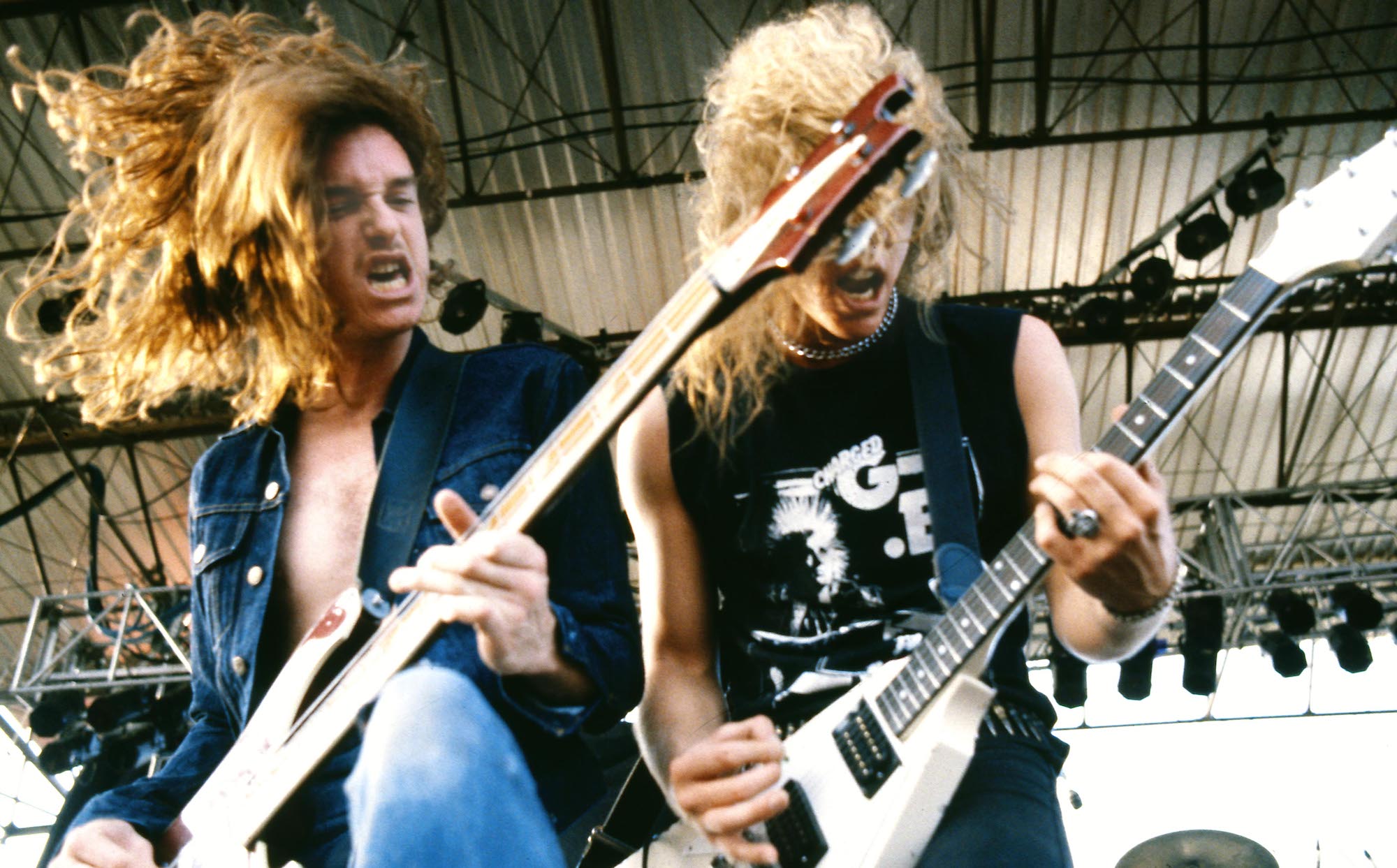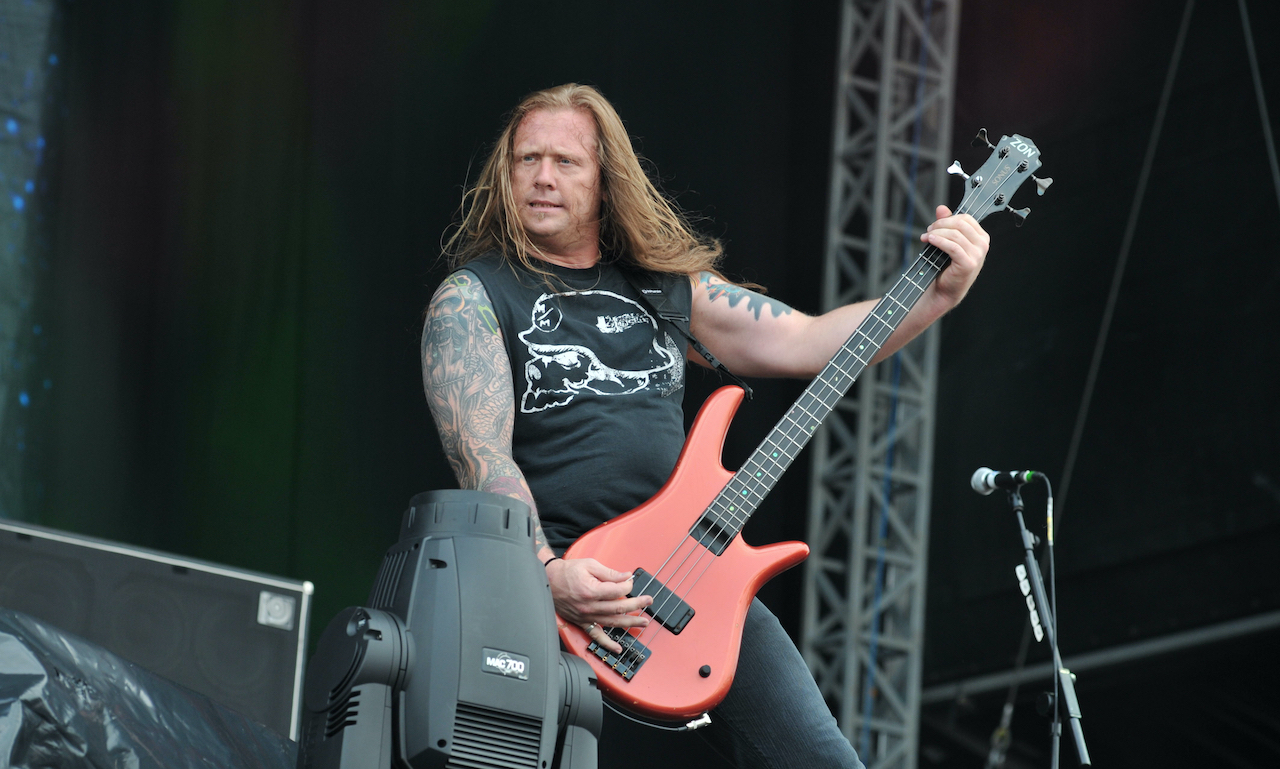From the vaults: former Machine Head bassist Adam Duce on the tone secrets of Cliff Burton
“He had a Stratocaster pickup hidden under the bridge of his Rickenbacker”

San Francisco metal kings Machine Head are probably the biggest band to emerge in the post-Metallica era, delivering albums powered by Adam Duce’s razor-sharp bass parts throughout the early 2000s. "Being in a successful band is a matter of having a lot of different components come together and the stars and the planets aligning," he tells us. "There's a lot of hard work too, but for most bands that hard work goes completely unrewarded. There's a lot of luck involved in remaining a heavy metal band for 20 years or whatever."
The essence of Duce's bass sound is the same as that which underpins all his heroes: energy, and its release into a headbanging crowd. "My heroes were Geezer Butler, Steve Harris and Cliff Burton," he says. "Seeing those old videos of Cliff when Metallica were opening for Ozzy in 1996, you think 'Look at that dude attack that bass!' and that's what it's all about to me. Some of the stuff that he did on those early Metallica albums was incredible."
“I’m going to risk upsetting a few Metallica fans here,"says Duce. "But for me, when I think of my favourite Cliff Burton bassline it’s not '(Anesthesia) Pulling Teeth'… but 'For Whom The Bell Tolls', first released on the group's second album, Ride the Lightning.
"Cliff’s overall influence on the sound stands out so much. I have no idea how he got that insane tone at the beginning, but I know he had a Stratocaster pickup hidden under the bridge of the old Rickenbacker 4001 that he used.
"You can completely hear the difference between this album and their first one, Kill ’Em All. I used to play that album over and over again, saying, ‘What’s Cliff doing there?’ and that’s how I really learnt to play bass."
Last time we spoke with Duce, he was playing a Zon bass. As he recalls, “I remember telling them how badly I sweat on stage, and that I needed the most simple, non-moving parts bridge that I could get, so it wouldn’t get rusty!”
The most unorthodox element of that Zon, which Duce has replicated on his current Yamaha, was the suspicious lack of visible tone controls. “I had the bass and treble pots on the back of the bass. They were set into the body and adjusted with a screwdriver. You could set them where you wanted and then roll with it, without accidentally hitting them when you played live.”

This remains an important consideration for Duce, who often hits the bass with wide, hard-hitting strokes. Asked what tips he can give us for building picking precision, Duce explains: "Being in time with the drums is quintessential to good bass playing. You can't be sloppy. We do so many intricate things, and it's got to be good. If it's not tight it's going to sound terrible."
Tickets for Machine Head's US tour are on sale now. Visit machinehead1.com for details.
All the latest guitar news, interviews, lessons, reviews, deals and more, direct to your inbox!
Joel McIver was the Editor of Bass Player magazine from 2018 to 2022, having spent six years before that editing Bass Guitar magazine. A journalist with 25 years' experience in the music field, he's also the author of 35 books, a couple of bestsellers among them. He regularly appears on podcasts, radio and TV.
- Nick WellsWriter, Bass Player

